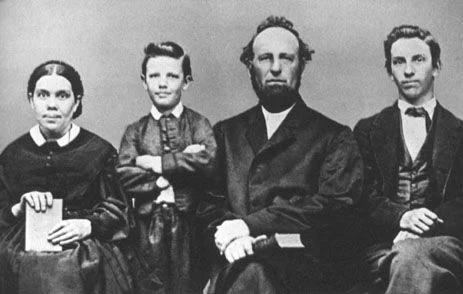Ellen White may have written the manual on ideal Adventist parenting, but her real home life looked much messier than her advice suggested.
As she called parents to be present, nurturing, and spiritually focused, she herself was often traveling, writing, and leading, leaving her children with relatives or friends for long stretches. She worried deeply about the impact her absence and relentless work might have on her children’s faith and happiness.
Letters show her longing, her guilt, and even her fear that her children would pay the price for her choices. She once wrote about fearing God would take her child to teach her a lesson—hardly the “perfect peace” she famously advocated. And yet, those gaps—between her teaching and reality—make Ellen White’s story oddly comforting. She tried, she struggled, and she was honest when it hurt. Her vulnerability turns her from a pedestal prophet into a relatable parent.
Adventists who feel overwhelmed by expectations or swallowed by guilt can see that even “the Prophet” couldn’t close every gap. In admitting the struggle, Ellen frees us too.
Hope grows when we realize parenting isn’t about perfection, but faith, confession, and resilience.
Her legacy is as much about honesty and second chances as ideals.
Love BarelyAdventist? Support us on Patreon for as little as $1 per month


